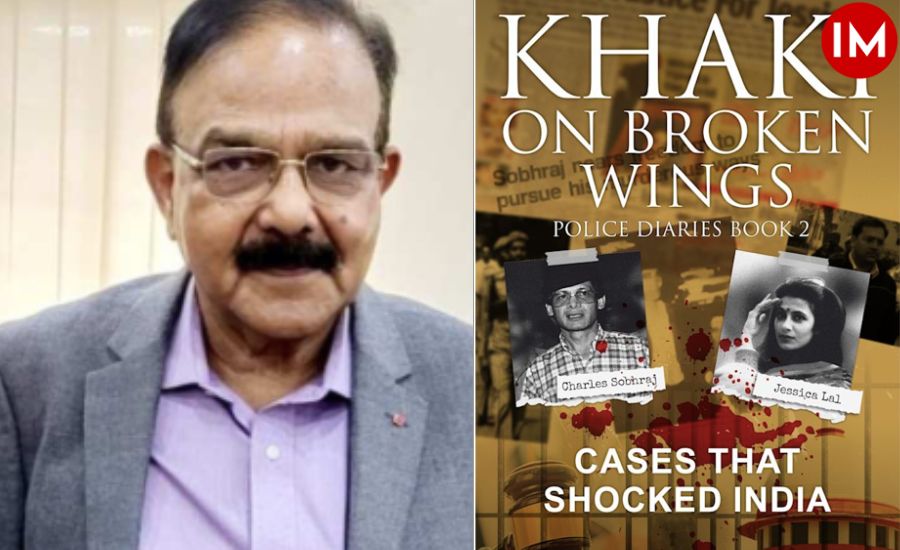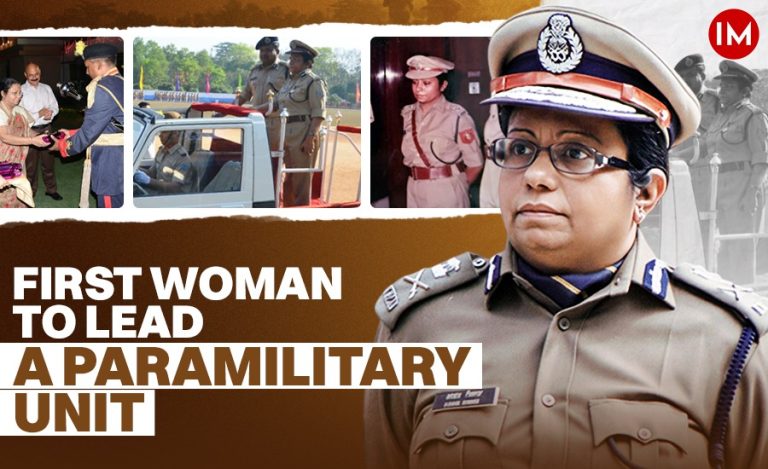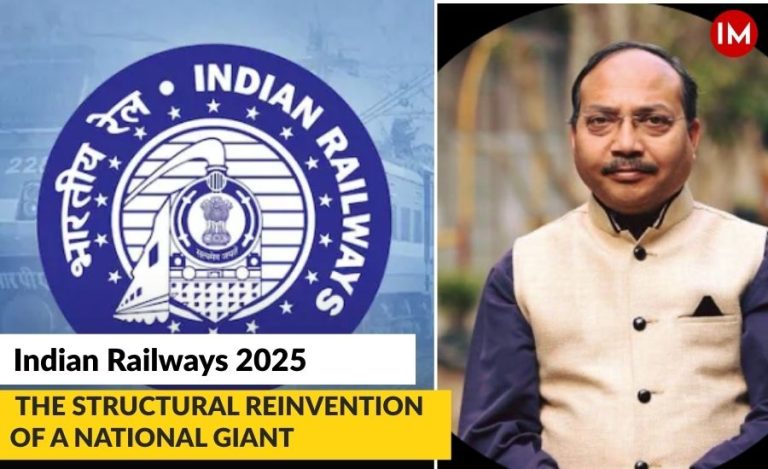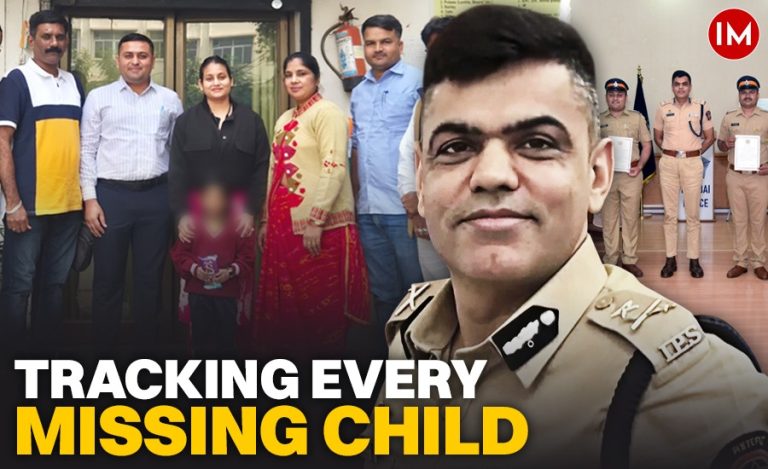India has witnessed numerous high-profile cases that have not only shocked the population but kept them captivated with intrigue and suspense. The list of such cases is long, featuring instances where the truth was twisted and, at times, completely falsified, leading to questions about whether justice truly prevailed. In his more than three-decade-long career, decorated IPS officer Amod K. Kanth had the opportunity to be involved in some of the most sensational and heinous crimes that dominated national headlines.
In the second volume of his Police Diaries series, Khaki on Broken Wings, former Director General of Police Amod K. Kanth delves into these notorious cases, drawing on his extensive knowledge of real-world crimes committed by the rich and powerful. Through his writing, Kanth exposes the loopholes within the criminal justice system, including the police investigations crucial to any prosecution, the courts and lawyers, and the prison and correctional services, all of which are often exploited ruthlessly.
In a conversation with Indian Masterminds, Kanth, who is also a social activist and founder of the NGO Prayas, discusses his book and the glaring flaws in the criminal justice system. He raises critical questions about whether the new criminal laws will be effective in safeguarding justice, providing a compelling narrative that promises to shed light on the hidden workings of the system and its impact on justice in India.
COLLAPSE OF CRIMINAL JUSTICE SYSTEM
The second volume of the Police Diaries series, Khaki on Broken Wings, begins with Amod K. Kanth recounting his tenure as the Director General of Police in 2005, during which he accompanied the long-serving Chief Minister of Arunachal Pradesh, Gegong Apang, on a field visit. Kanth witnessed firsthand the public’s deep affection for Apang but also became aware of the polygamy practices prevalent in some tribal communities. While impressed by Apang’s charismatic personality, Kanth was disconcerted by some of his methods. His steadfast implementation of Supreme Court directives on police reforms eventually earned him the Chief Minister’s ire, leading to his transfer. Adding to the intrigue, Apang later became embroiled in corruption cases that remain under inquiry.
As the narrative progresses, Kanth delves into the Jessica Lal murder case, which sparked unprecedented public outcry and brought attention to the flaws in the justice system. He details the story of mafia lord Romesh Sharma, who used intimidation and connections with powerful figures in politics and the corporate world to extort properties worth hundreds of crores and obstruct investigations. Kanth also recounts the sensational escape of ‘Bikini Killer’ Charles Sobhraj from the high-security Tihar Jail in Delhi, showcasing the audacity and cunning of the notorious criminal. Further, he explores the complex saga of the BMW hit-and-run case, a tragic incident that left several people dead and highlighted the challenges in the fight for justice against influential perpetrators.
Through these gripping accounts, Kanth not only narrates high-profile cases but also lays bare the systemic loopholes and challenges within India’s criminal justice system. His book offers a compelling insight into the interplay between crime, power, and justice, raising critical questions about the effectiveness of the new criminal laws in ensuring justice prevails.
As an investigator, Amod K. Kanth had close encounters with these high-profile cases, observing firsthand how the police force operates with its “broken wings.” He remarks, “The police, prosecution, judiciary, and prison system are all integral parts of the criminal justice system. However, most stakeholders remain largely ignorant of the laws.”
Mr. Kanth, who was the Joint Commissioner in Delhi at the time, was deeply involved in investigating the Jessica Lal murder case. Reflecting on the case, he notes that the incident took place at a venue frequented by Delhi’s elite. Despite the public outrage, the accused nearly escaped conviction, with justice ultimately being served only by the Supreme Court.

Kanth also recounts his encounter with Charles Sobhraj, the notorious international criminal, who was in his custody for a month. He provides a detailed account of Sobhraj’s sensational prison break, highlighting the audacity and cunning of the infamous “Bikini Killer.”
Additionally, Kanth underscores the failures in the BMW hit-and-run case, where defense lawyers were disbarred for attempting to bribe witnesses. His observations shed light on the systemic issues within the legal system, emphasizing the need for reform.
A ROBUST CRIMINAL JUSTICE SYSTEM
By citing these cases, Mr. Kanth passionately argues for a radical restructuring of the criminal justice system. He advocates for a system where the police and judiciary can protect the poor, needy, and helpless, rather than being subservient to the rich and powerful.
In a conversation with Indian Masterminds, Kanth states that, in his experience, the criminal justice system in India is both alien and archaic. He asserts that even with the introduction of new laws, no significant change will occur unless there is a fundamental overhaul of the system’s architecture. “The law should be simple and equal for all in the truest sense. There should be no room for manipulation by the rich and influential,” he concludes.
Link To Buy Khaki On Broken Wings



































